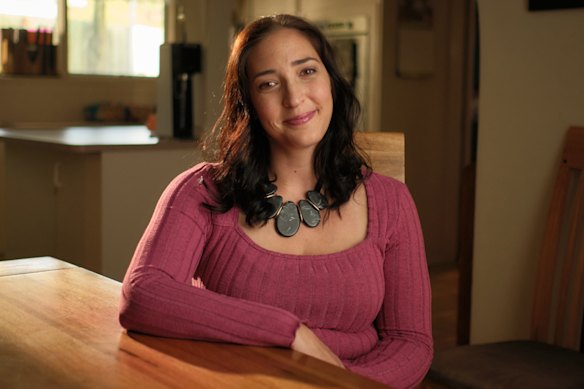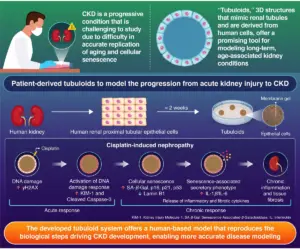
The Australian government announced a significant increase in its compensation payout for victims of the controversial robo-debt scheme, raising the total by $475 million. This adjustment makes the class action against the previous Coalition government’s unlawful welfare overpayment retrieval initiative the largest of its kind in Australia’s history. Felicity Button, a leading complainant in the case, expressed disappointment over the perception of the compensation from her community.
“My neighbour’s first reaction was, ‘Oh, are you going to move out now and move into a mansion?’” Button recounted. She clarified, “It’s not going to be a big payday for everybody.” Button’s experience highlights the broader implications of the scheme, which has caused widespread emotional distress among its victims.
In an effort to shed light on these personal stories, Button features in the SBS documentary series The People vs Robodebt. The series includes other victims, such as Jenny Miller, whose son, Rhys Cauzzo, tragically took his own life, and Deanna Amato, whose legal battle confirmed the scheme’s illegality. “Every time I talk about it, it’s re-traumatising,” Button stated, reflecting on her own journey as a palliative care nurse who faced financial ruin while on maternity leave in 2017.
Despite the emotional toll, Button found a renewed sense of purpose in sharing her story. “I spent years not talking about it because I had so much shame, and then to learn that so many other people were in my position made me feel connected again,” she said.
Documentary Highlights Emotional Impact
The documentary aims to illustrate the profound effects of the robo-debt scheme through a dramatic narrative structure. Producer Michael Cordell, known for his work on Go Back to Where You Came From, drew inspiration from the British Post Office scandal dramatization in crafting this series.
The storytelling approach combines emotional depth with factual interviews featuring victims, journalists, whistleblowers, and lawyers. “We weren’t making a Four Corners show,” Cordell explained. He, along with co-director Ben Lawrence and writer Jane Allen, envisioned the narrative as a thrilling three-act story. “We imagined it as being like a virus that attacks society’s most vulnerable,” Cordell added.
In the first episode, viewers meet individuals who are unsuspecting victims of a system that has targeted them without warning. The second episode reveals the shocking truth: the perpetrators are their own government. The series culminates in the third act, where victims unite through social media to fight back, reclaiming their narratives and seeking justice.
“This is a fantastic, heroic story, which is yet to be fully concluded,” Cordell remarked, underlining the ongoing struggle for justice faced by those affected by the robo-debt scheme.
As the documentary continues to air, it serves not only as a reminder of the challenges faced by numerous Australians but also as a call to action for accountability and change in government policies. The impact of the robo-debt scheme remains a pressing issue, emphasizing that for many, the financial compensation is just one part of a much larger story of suffering and resilience.






